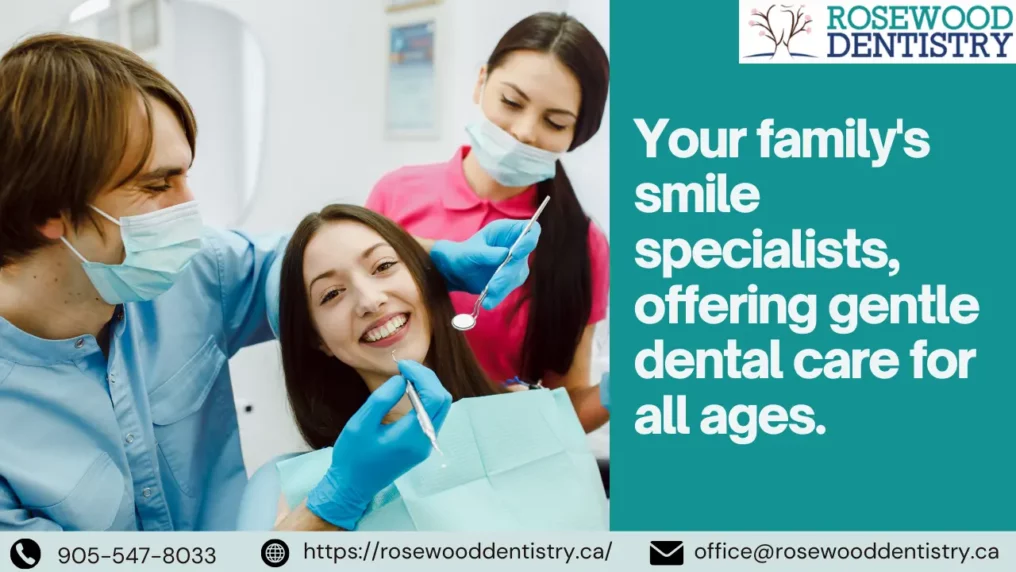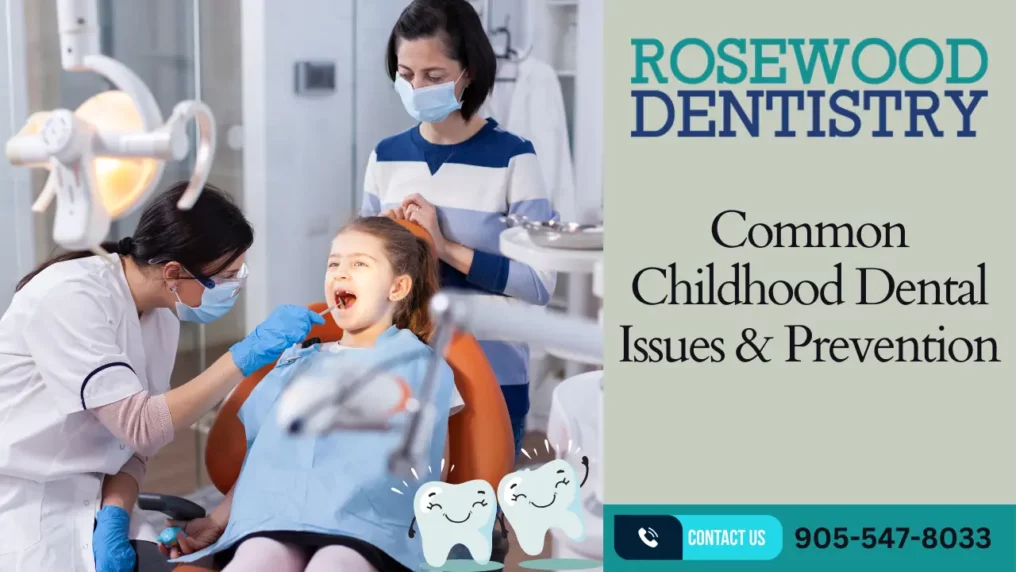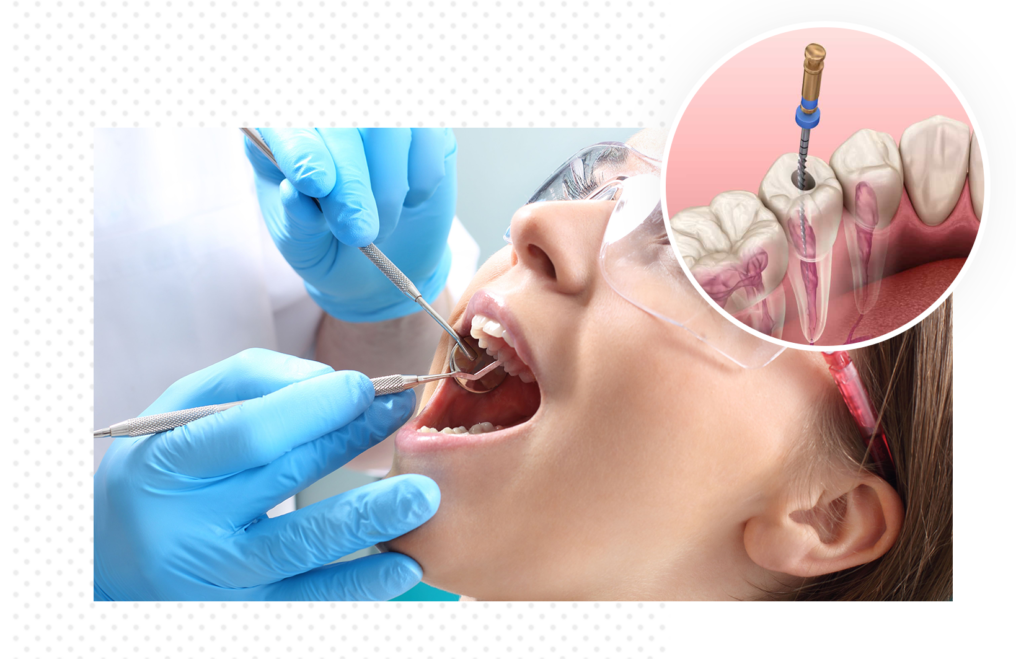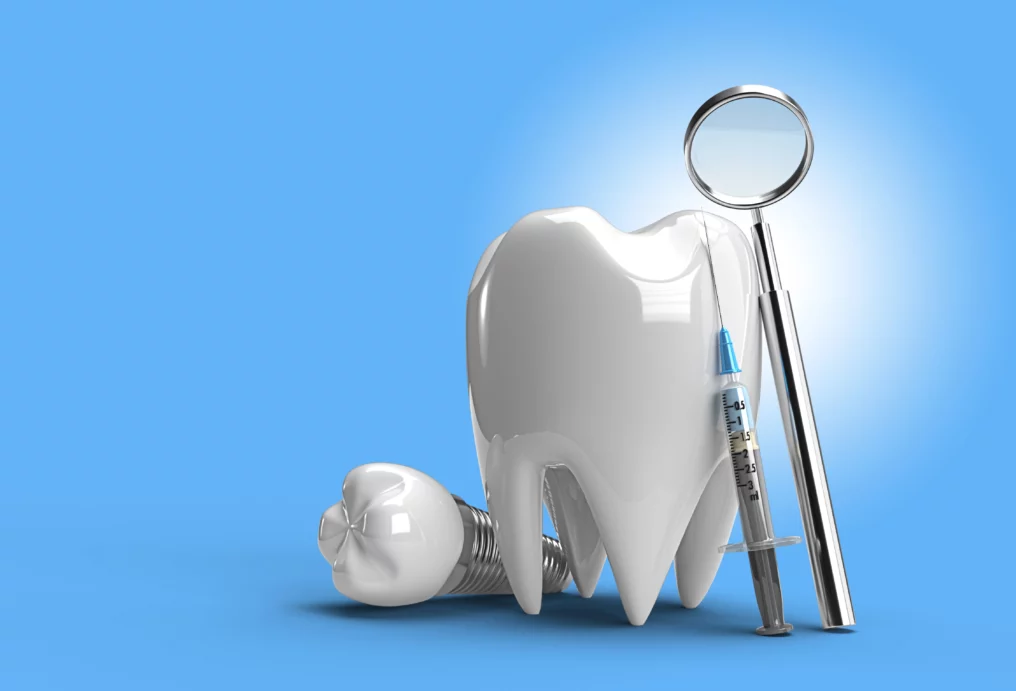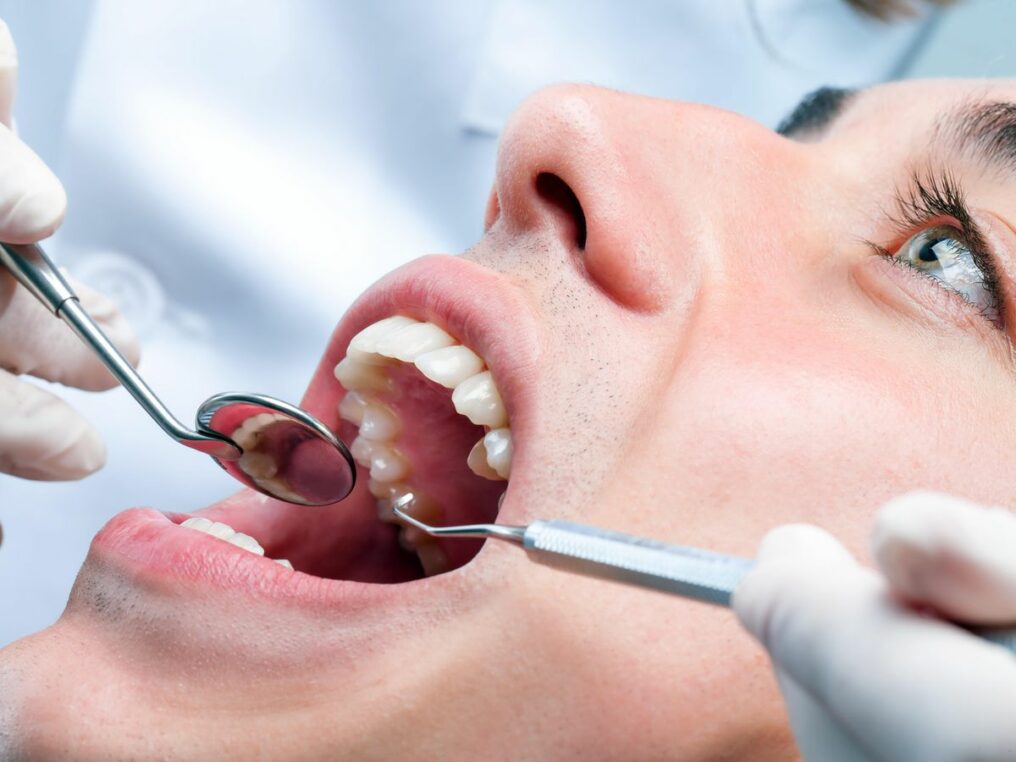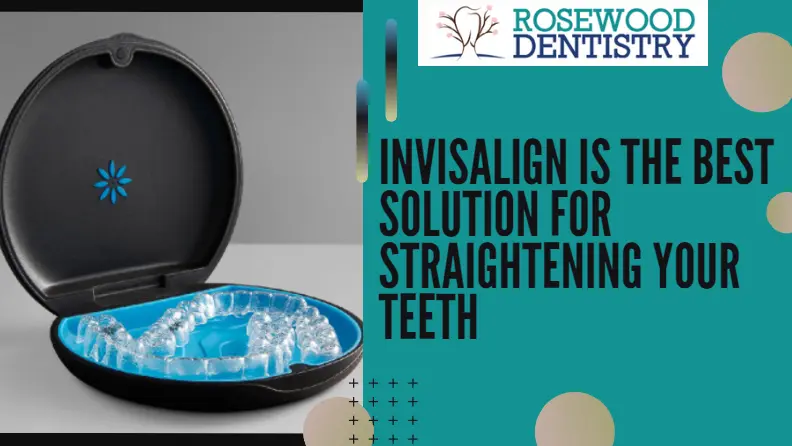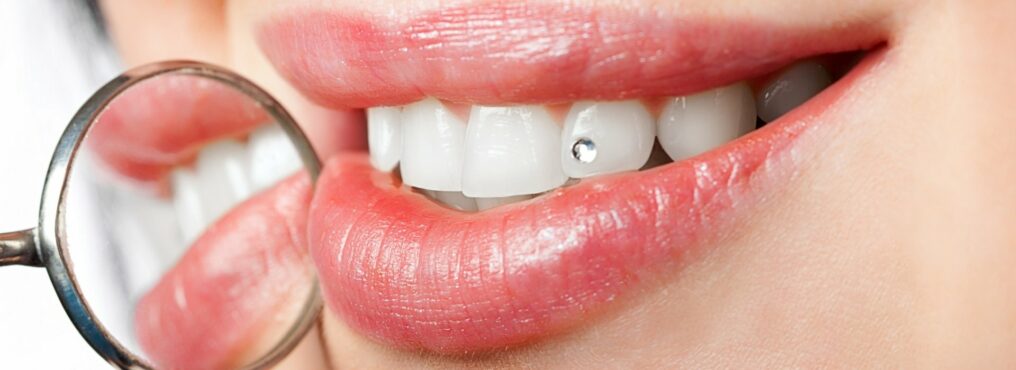As a responsible parent, one of your significant responsibilities towards your family is maintaining your loved one’s general health and wellness. This covers physical health as well as dental health. Making the right choice of a family dentist near you in Hamilton is of great importance – as it will affect your oral hygiene as well as the oral health of your children. Because there is a wide range of contingencies, choosing the correct family dentist could be pretty challenging. Thus, what are the characteristics that any great family dentist should possess? This article will illustrate the top five features a family dentist near you in Hamilton must have.
1. Qualifications and Experience
The first and foremost thing in your checklist should be assessing their qualifications and experience. The professed family dentist in Hamilton will have a certificate from a credible dentistry college and possess a license to practice the profession in that State. They should have experience in the field as this will prove their expertise and ability to handle several dental issues. An Experienced family dentist is sure to stay at the top of their professional game due to their knowledge of the newest and most effective dental procedures today – ensuring that you and your family receive the best dental services available in the industry.
2. Compassion and Empathy
Besides being a professional who shows care and sensitivity to the patients, a family dentist should carry compassion and empathy with them. The simple fact of going to the dentist can send fear and anxiety into countless people, especially children. A kind and caring dentist can significantly affect their patients’ experience by creating an inviting and comfortable positive environment. They must be calm and considerate while they are working with children. This will help children relax when they get to the dental clinic in Hamilton.
3. Good Communication Skills
The critical element of every successful relationship lies in the perfect communication skills. The claim is just as valid when we factor in your relationship with your family dentist. The best family dentist in Hamilton should be an excellent communicator and must be able to present complications and treatment simplistically. Furthermore, they should ensure they can answer any questions or worries the parents might have. Good communication skills can develop trust among dentists and their patients and create a friendly atmosphere for dental visits to be a positive rather than a negative experience.
4. Comprehensive Services
Another crucial factor in choosing a family dentist is the services they offer. An experienced family physician should be capable of taking care of the dental needs of the whole family, from adults to kids. This involves preventive care like check-ups, cleanings, and treatments for restoration and cosmetic purposes. Having a family dentist in Hamilton who can offer you a solution to all your family dentistry needs may spare you strenuous efforts, so you will not be referred to other dentists for other procedures.
5. Modern Technology and Clean Facility:
The dental facility should incorporate state-of-the-art technologies and methods to ensure fast and reliable treatment. These involve using digital X-rays, intraoral cameras, and other modern technologies and equipment to help diagnose and treat patients. Besides the technology, a clean and well-groomed facility is another crucial requirement. The quality of the hygiene and the degree of comfort are critical factors influencing the patient’s experience at the dental clinic in Hamilton.
6. Flexible Scheduling
A family dentist should be able to offer the convenience of flexible schedules to serve better families who are always on the go. Many parents work full-time, and the children have education and extracurricular activities, so it might be difficult for the family to make an appointment with the dentist. Choose a family dentist near you in Hamilton whose clinic is open in the evening or during the weekend so that it is easier to get your family dental care around your busy schedule.
7. Positive Feedback and referrals
A good family dentist can be located by conducting thorough reviews and getting referrals from friends and family. Asking people around for their recommendations and reading online reviews beforehand will give you an idea of the clinic’s reputation. A dentist with many 5-star reviews and referrals is best for you and your family since they are likely to provide excellent care to your family.
8. Insurance And Payment Options
Dental expenses can be daunting for a family regardless of whether they are essential or sophisticated treatments. To have a good family dentist in Hamilton, it is a must that the dentist of your choice accepts your insurance plan and provides a few different payment methods. This will help plan for dental care without being taken off guard by some unforeseen expenditure.
Trust The Most Experiential Dental Clinic In Hamilton
Locating a great family dentist near Hamilton is especially important for your little kids’ oral health. A good family dentist should have qualities like compassion, patience, experience, the ability to relate to kids, and much more. If you pay attention to the following attributes, you can be sure that you have entrusted your family’s dental care to a top-quality professional.
Rosewood Dentistry is focused on providing the best, most customized dental services to the entire family. Our skilled, caring staff utilizes the newest technology and a gentle demeanor to offer complete services perfect for your needs. Whether you are at grime time for cleaning, require complex restorations, or wish to improve your smile, the team of experts at Rosewood Dentistry has got you covered.


